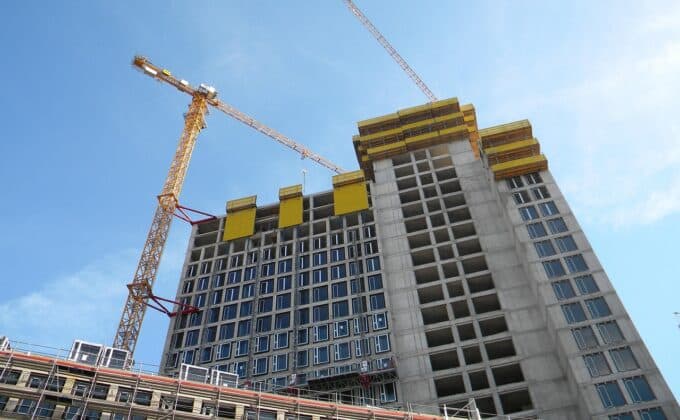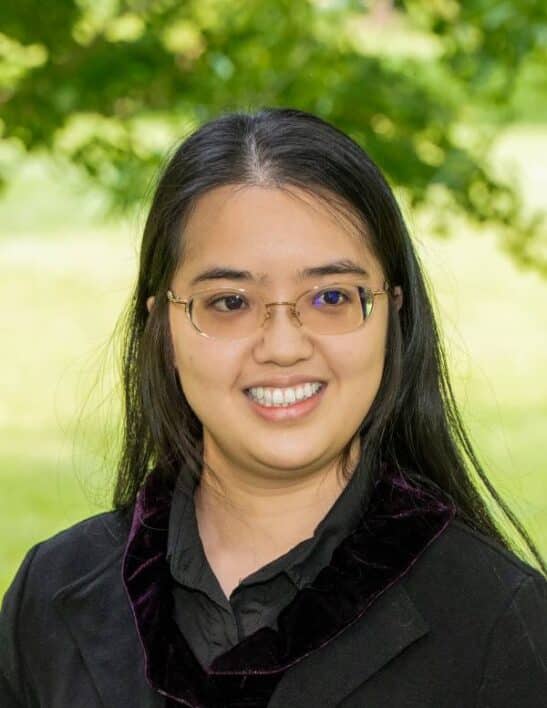Jing Chen provides analysis and recommendations of energy policy best practices as part of RAP's China team. Her research and outreach tailors international perspectives to the context of the clean energy transition in China, with a focus on energy market design.
Chen joined RAP in 2023 after completing her master's in civil and environmental engineering, with a concentration in atmosphere and energy. During her graduate studies, she acquired extensive knowledge of quantitative methods to solve real-world problems, including data analysis, energy system optimization and economic modeling. As part of a strategic economic project exploring electricity markets, Jingying assumed a leadership role, overseeing a simulated day-ahead energy market. She orchestrated key decisions to maximize profit, strategically selling energy, trading REC and forward contracts.
Jingying Chen earned a master’s degree from Stanford University. Before her graduate studies, Chen obtained her bachelor's degree in mechanical engineering, with a minor in climate change studies, from the University of California, San Diego. There she studied the underlying physics of renewable energy and projection methods.
In addition to English, Jingying is fluent in Chinese Mandarin and Cantonese and is able to read and write in Simplified and Traditional Chinese.
How Jingying “Jing” Chen is Energizing Change

Making sense of China’s new heat pump strategy
This week, China’s central government issued a national ‘Action Plan’ to promote heat… Read More +

探索电气化供暖的需求响应潜力
在“双碳”目标的推动下,建筑供暖的电气化比例将显著提升,热泵的部署也将加速增长。热泵不仅能提供高效的供暖方式,还可以通过需求响应机制为电力系统提供灵活调节能力。对供热方而言,这有助于降低热泵运行成本,拓宽供热企业的收入渠道,从而提升热泵的市场竞争力。对供电方而言,这能保障电力系统的安全稳定运行、减轻电网扩容压力,降低供电成本,并促进可再生能源电力消纳。 本文探讨了大型热泵在中型区域供热系统(如小区、大型建筑)中的应用(业内称之为“分布式热泵”)。文章结合国内外案例,探讨如何挖掘电气化供暖的需求响应潜力,并提出优化电价机制、完善需求侧资源补偿机制、推广储热设备三项策略,以增强电网与供热系统的协同优化,实现保障电力系统稳定运行与减轻供热碳排放的双重目标。 本文缩略版首刊于《中国电力报》,2025年3月24日… Read More +

